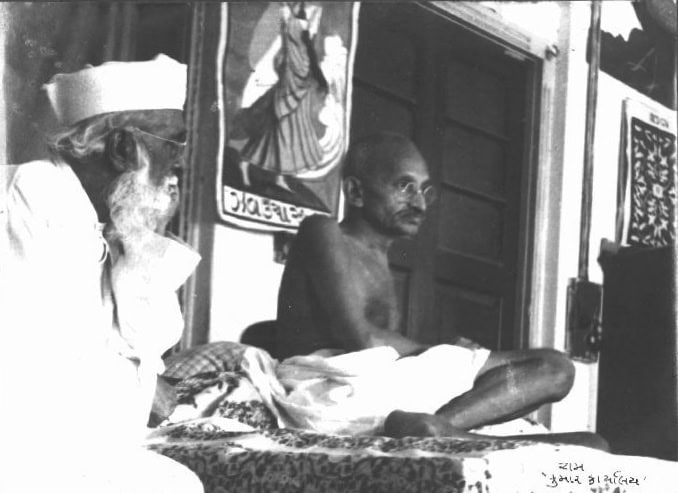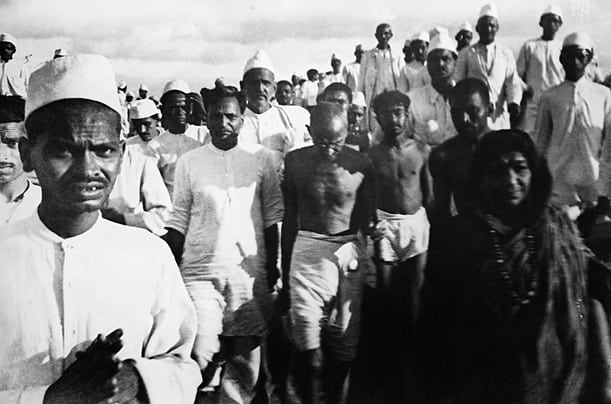New Delhi: On the same date of 1st February in 1854, a legend born called as Abbas Tyabji, the Grand old man of Baroda, Gujarat was an Indian freedom fighter and an associate of Mahatma Gandhi. He was an England-educated barrister, brought up in an atmosphere suffused with loyalty to the Empire.
In 1919, Abbas Tyabji pulled into the national movement due to military violence in Punjab. With the events of 1919 having shaken up the country, Tyabji became a member of the committee set up by the INC to inquire into the military violence.
He had served as the Chief Justice of the Baroda High Court. He was also a key ally and supporter of Sardar Vallabhbhai Patel during the 1918 Kheda Satyagraha, and the 1928 Bardoli Satyagraha. He was also a close supporter of Mohandas Gandhi and the Indian National Congress.
Abbas Tyabji attended along with Gandhi so many social conferences. He was appointed by the Indian National Congress as chairman of an independent fact-finding committee. He also adopted many of the Symbols of Gandhi’s Independence movement. Imprisoned often, the movement changed his lifestyle. He took to khadi, saying “this fakir’s dress has broken down all barriers”.
He is also known for leading Salt Satyagraha in 1930 following Gandhi’s arrest. As Mahatma Gandhi chose a nationwide non-violent protest against the British salt tax. Congress officials were convinced that Gandhi would quickly be arrested, and chose Tyabji as Gandhi’s immediate successor to lead the Salt Satyagraha in case of Gandhi’s arrest. On 4 May 1930, after the Salt March to Dandi, Gandhi was arrested and Tyabji placed in charge of the next phase of the Salt Satyagraha, a raid on the Dharasana Salt Works in Gujarat.
“Under Abbas Tyabji’s influence, Gujarat accepted the non-cooperation programme even before the Congress as a whole did. He was a signatory to the October 1921 manifesto, a bold document, calling upon Indians to withdraw from the civilian and military service of the Raj”, Gandhi wrote in his autobiography.
Abbas Tyabji died in Mussoorie on 9 June 1936.
— Siasat Web Team


